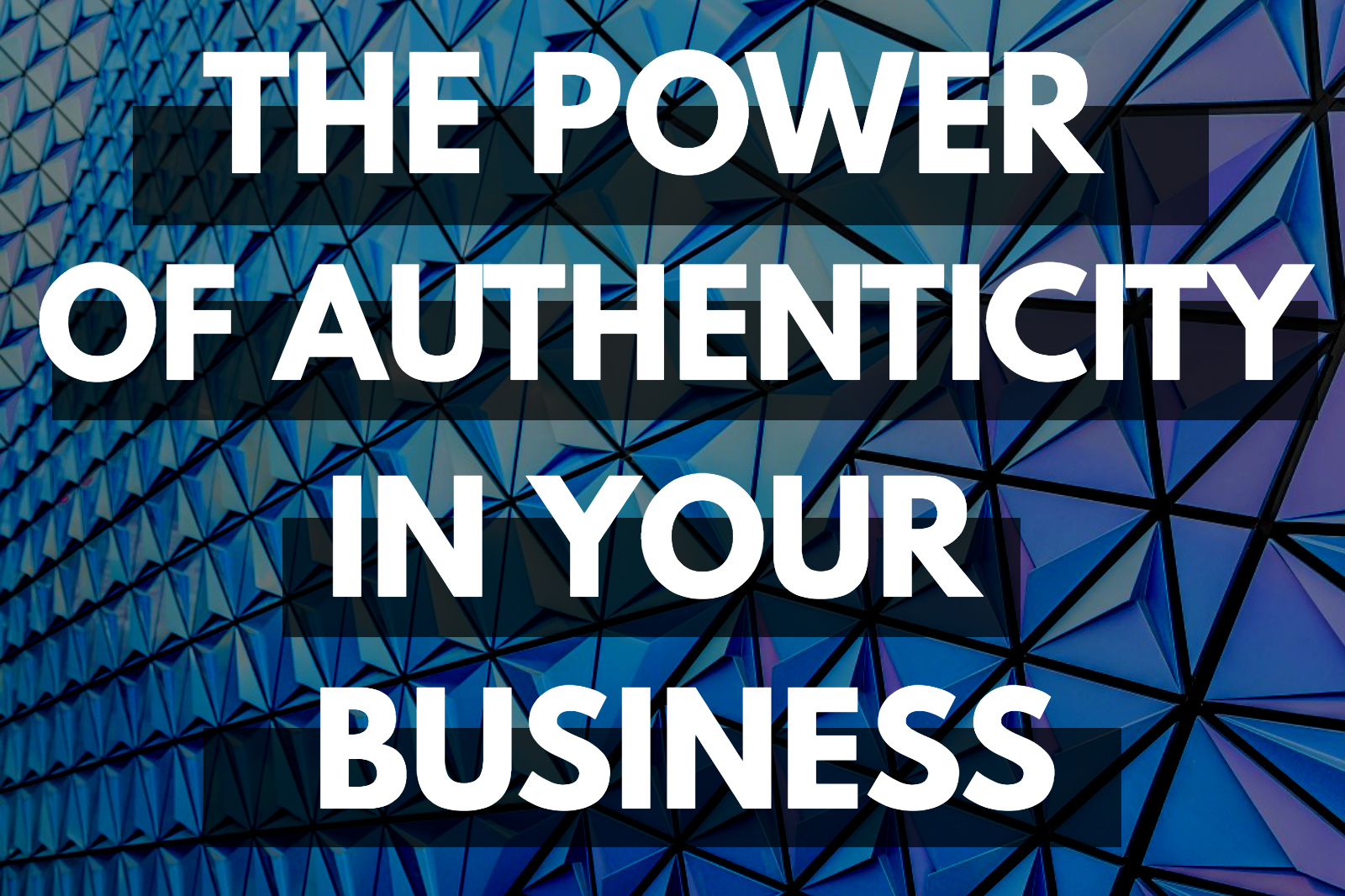Last week in this blog post, I talked about how important it is for a business owner to give information about themselves online so their potential customers can get to know, like and trust them. People often use the acronym “KLT.”
A friend of mine who owns their own business saw that post and asked me how much they should share. They weren’t sure what they should or shouldn’t post online and they wanted to make sure they weren’t going to overshare.
I think this is a totally valid question. The line between oversharing and being authentic doesn’t always feel clear.
A few decades ago, personal information such as the death of a family member or a recent divorce was often kept private, but today’s world is totally different.
As a society, we’ve realized that it’s not possible to compartmentalize your life. Problems at home affect your work, childhood experiences can influence who you are as an adult, etc.
Thanks to the invention of reality TV and social media, the line between private and public life has become somewhat blurred. Today, sharing your personal problems has become a lot more socially acceptable. We see people arguing about political issues on Facebook, people complain about bosses on Twitter, and I’ve seen people vent on Instagram.
Within the past handful of years, there have been dozens of books, blog posts, and TED Talks focused on the idea of authenticity. We’re told to be more authentic. I think it’s a great idea that we’re valuing honesty over arrogance and vulnerability over perfection, but the idea that one should be sharing their own story, especially as a business owner, has led to some confusion.
So let’s start from the beginning, what does it really mean to be authentic?
According to the dictionary, authenticity can be described as genuine, based on facts, accurate, or reliable.
What does this mean in terms of an online presence? To me it means one doesn’t only share pictures of vacations and delicious food, they don’t only show photos of how clean and well decorated their houses is, and they don’t present themselves in a way that is perfect and unflawed.
Now, some people may have mistaken the ideas of “being honest” and “owning your story” to mean sharing their deepest and darkest secrets with the world, but that’s totally not the case. Social media isn’t a personal diary, it’s a platform one can use to connect with customers and potential clients.
To be an authentic business owner, one has to start with being an authentic person. What you portray in your life will reflect in your business, especially if you’re the owner and face of your brand.
If you’re unsure of yourself and reserved as a person, your business will appear to be unsure and reserved as well. This makes it difficult to stand out and be heard amongst your competition.
You are the thing that makes you different from all of the other companies and businesses in your space. It’s the little words you like to use, your sense of humor, and various other personality traits that make you different from everyone else in the world and it’s these very things that can set your business apart.
A common question interviewers ask potential new hires is: in a few words, how would you describe yourself? Try doing the same but for your business (or ask a friend to). Is that how you want your business to be perceived?
If it’s not, you get to choose how to move forward. As a business owner, you get total control of what you share and how you share it online.
One of my favorite ways to create more of a voice within a brand/business is to share more of the behind-the-scenes. Take photos of events and projects you’re working on, write a blog post about how and why you started your business, record a podcast episode where you go over the biggest challenges you’ve faced in your business thus far.
However, you choose to share more on social media, above all, just be true to yourself. This is usually easier said than done and can take quite a bit of practice, but the payoff is huge. When you open yourself up online, you show your customers/clients that you’re more than a generic business owner.
You show them that you’re a person who was in a similar situation that they’re in, that you’ve struggled, and that you’re continuously working to grow as a person and as a business. People are a lot more perceptive than you realize. Most can spot when someone is or isn’t being genuine.
I wish there was a more clear cut answer or a simple “how-to” guide for being authentic online and in your business, but it’s just something everyone needs to figure out for themselves. It takes work but can lead to some amazing connections and opportunities.
I believe that there’s no more noble pursuit than that of authenticity, on or offline.


